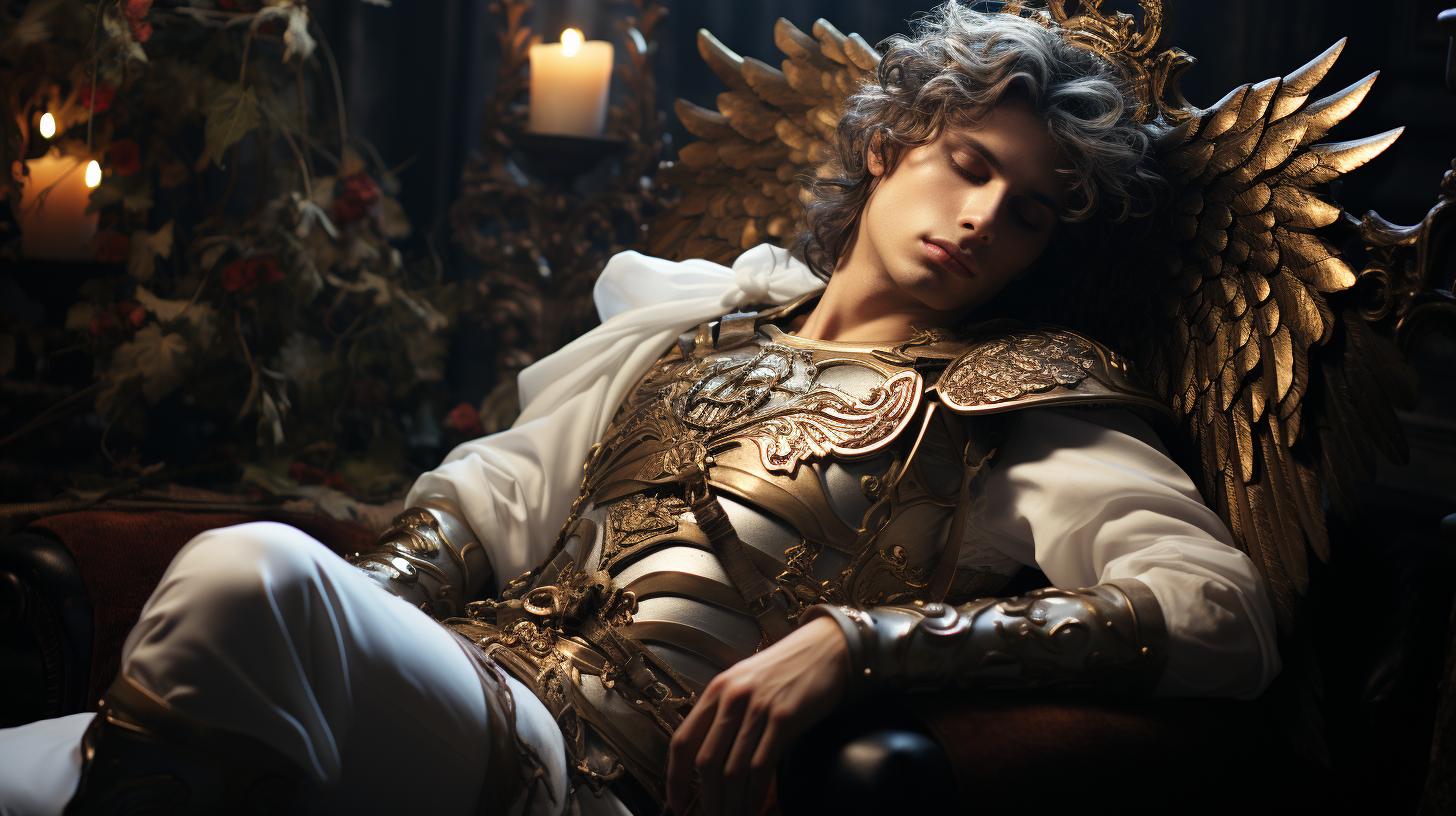Sleep (Hypnos or something like that in Greek I think) gets a mention somewhere. I mean as a person - as the brother of Death (Thanatos). My feeling is that he's likely a personification - from the word for sleep a person gets generated, but there are no real stories about this person.
What I'm curious about is whether the existence of cult ties to real deity. I.e. personifications don't have cult activity. Maybe looking into Sleep would throw some light on it. I can have a look first of all to see if there are any stories where Sleep features in a real way. And then have a look for cult activity. Does anyone have any ideas how to look for records of cult activity? I'm not sure about this and don't have access to a library so any ideas appreciated.
It seems to me that Sleep really could have a cult. Well - I suppose some Greeks had insomnia, which would be a good reason to make an offering to Sleep. Anyone notice a reference anywhere to a Greek with insomnia? Would be nice to be sure.
If I don't find any Cult of Sleep, maybe it would be fun to invent one. First things first though...
What I'm curious about is whether the existence of cult ties to real deity. I.e. personifications don't have cult activity. Maybe looking into Sleep would throw some light on it. I can have a look first of all to see if there are any stories where Sleep features in a real way. And then have a look for cult activity. Does anyone have any ideas how to look for records of cult activity? I'm not sure about this and don't have access to a library so any ideas appreciated.
It seems to me that Sleep really could have a cult. Well - I suppose some Greeks had insomnia, which would be a good reason to make an offering to Sleep. Anyone notice a reference anywhere to a Greek with insomnia? Would be nice to be sure.
If I don't find any Cult of Sleep, maybe it would be fun to invent one. First things first though...

